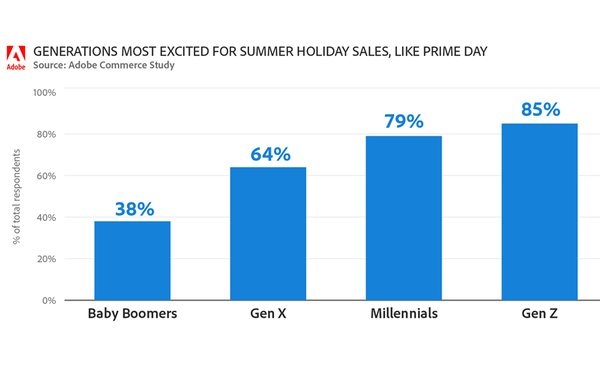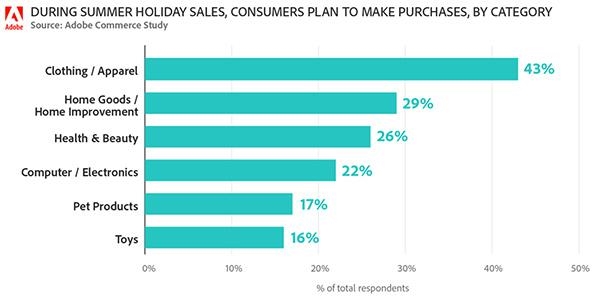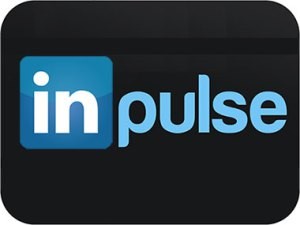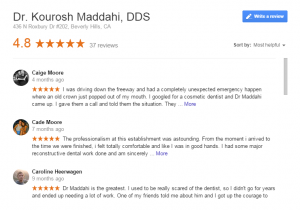Personalization Drives Purchase Behavior, Increases Likelihood Consumers Will Buy: Adobe

Consumers still plan to make purchases during the summer holidays, despite high gas prices and inflation.
“Those who plan to participate plan to spend more or the same as they did last year,” said Tory Brunker, senior director of product marketing, Adobe Commerce. “Those adopting personalized commerce strategies, from recommendations to giving them various options to pay for products online, will succeed. Doing this makes consumers more likely to purchase an item.”

Adobe Commerce, powered by Magento, drives thousands of brands’ digital commerce strategies and powers the U.S.’s top retailers. It recently surveyed 1,115 consumers from across the U.S. to understand consumer sentiment about the economy and its impact on buying habits.
The insights revealed the importance of providing personalized shopping experiences, especially for retailers looking to stand out and build loyalty with consumers this summer shopping season.
Still, there is a bit of a “mismatch in consumer expectations” compared with retailers. Most consumers believe there will be less items on sale and lower discounts.
Target, on the other hand, told Adobe it has excess inventory and plan to assign deeper discounts to products, Brunker said.
Although consumers are slowing spend on items that are nice to have, new insights show online spend is likely to grow this summer — as 61% of consumers look forward to summer holiday sales, like Amazon Prime Day.
Of those planning to make purchases on Prime Day and other discount days, 76% say they will spend more or the same amount as last year.
The motivation varies — with 56% saying they save money by shopping on Prime Day, while 32% want to get ahead of their seasonal holiday, and 23% are thinking about back-to-school shopping.
Buyers expect brands to understand what they look for. B2C and B2B brands rely on AI-driven product recommendations, so they can suggest products based on customer behavior, product sales, visual elements or popular trends.
Sixty-seven percent of respondents say when shopping in-store or online, they would like to receive personalized promotions or offers based on their spending habits. Sixty-one percent say receiving these promotions will make them more likely to make a purchase.
There is some variation in likelihood to purchase based on generation as well, with Gen Z at 72%, Millennials at 78% and Gen X at 66%. Of those who have received personalized recommendations, 72% said this led them to purchase more goods than they originally planned.
Nonetheless, retailers this year will need to navigate an increasingly dynamic commerce landscape. They face increased competition for consumer spend, and consumers expectations around personalized shopping experiences.
The data shows that online shopping is likely to continue to grow, as 93% of consumers surveyed reported they shop online, with 50% of Gen Z, 49% of Millennials and 35% of Gen X doing most of their shopping that way.
Fifty percent of survey respondents said they are more likely to make retail purchases on their phones — up from 26% who prefer in-store shopping and 24% who shop via computer or desktop.
Consumers also want unique shopping experiences.
For example, 37% of consumers surveyed are open to the idea of augmented reality experiences, 28% are interested in immersive and interactive shopping experiences, like shopping in the metaverse, and 26% have already participated in live-stream shopping events.
(23)
Report Post





